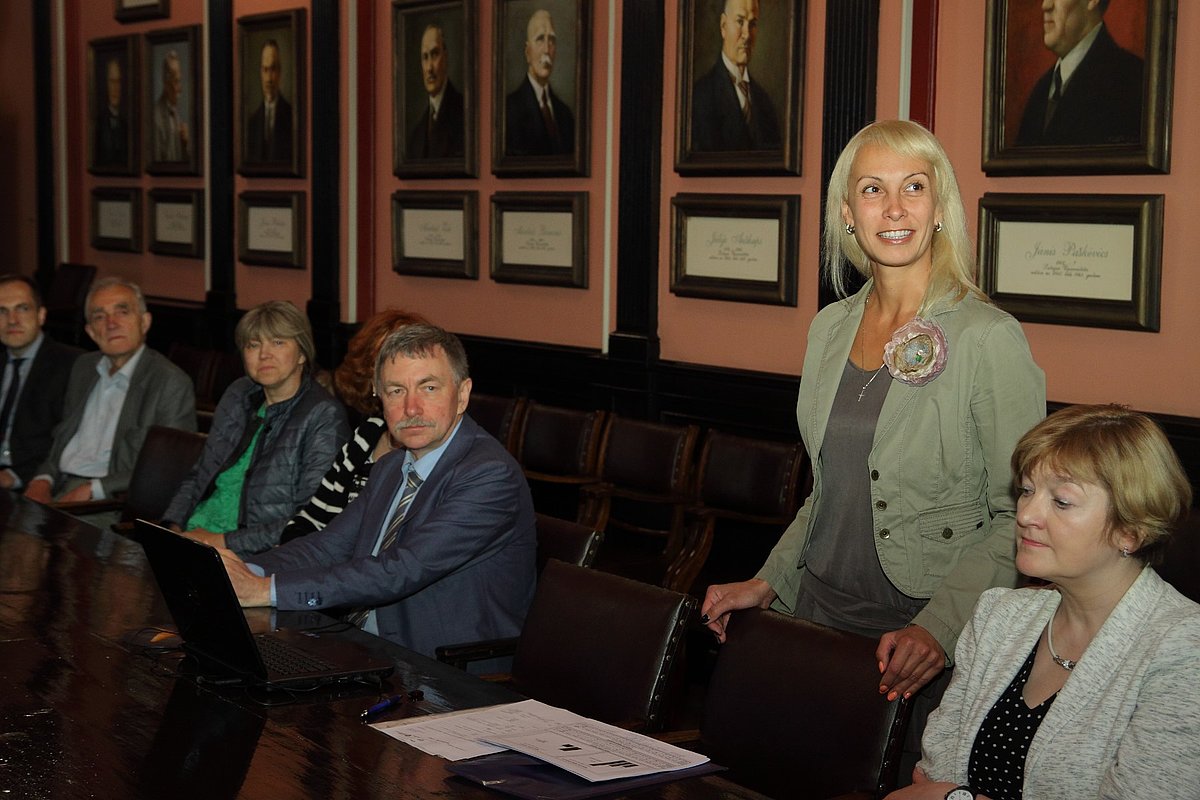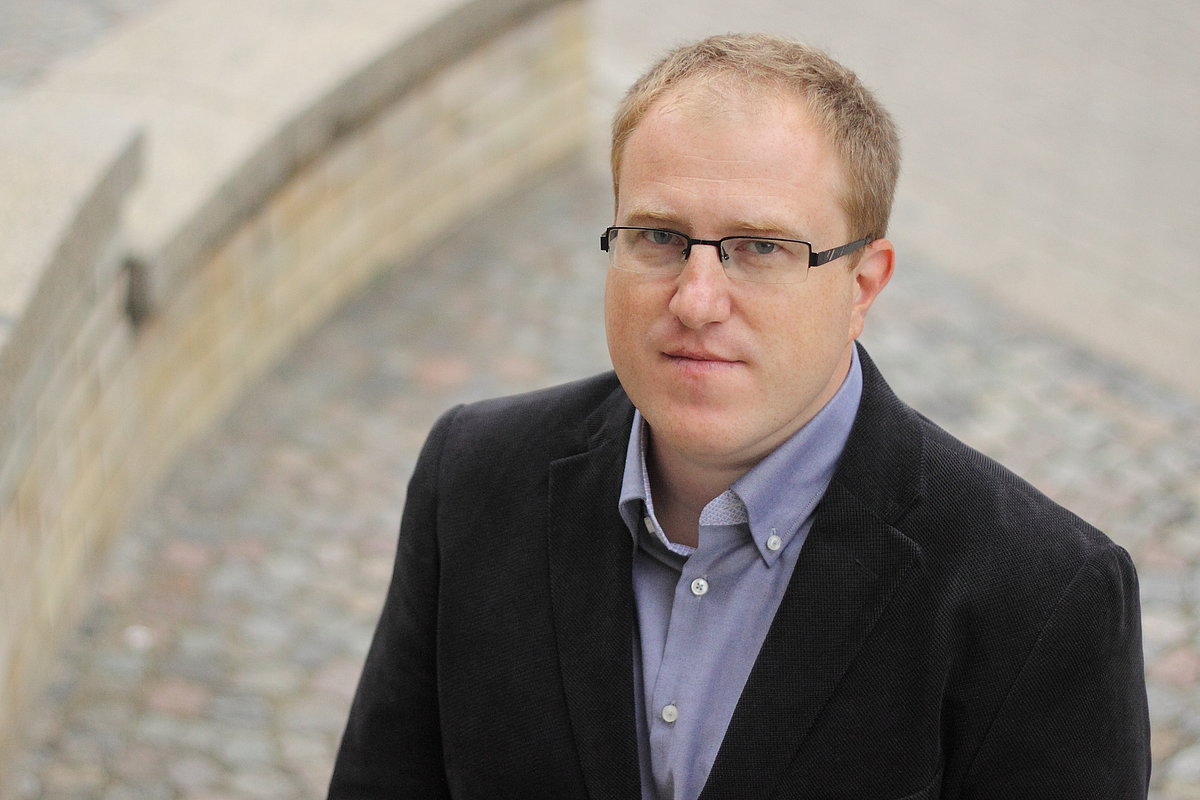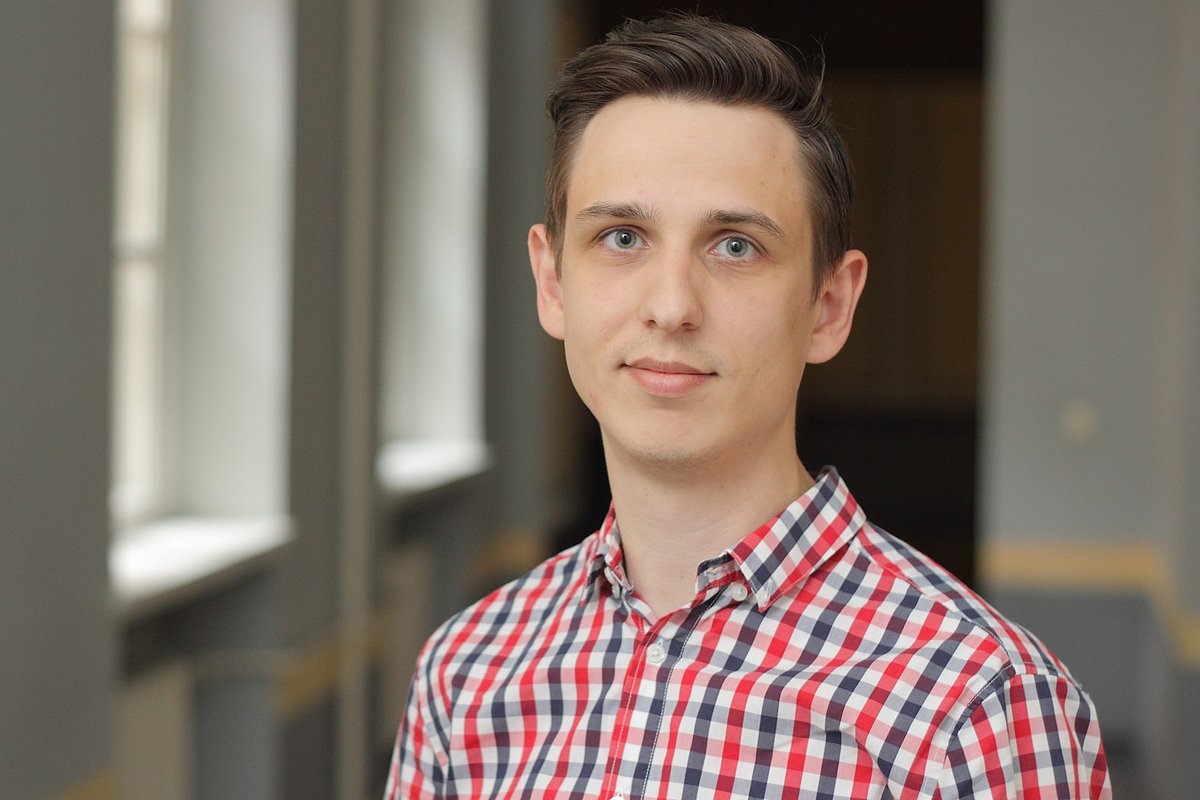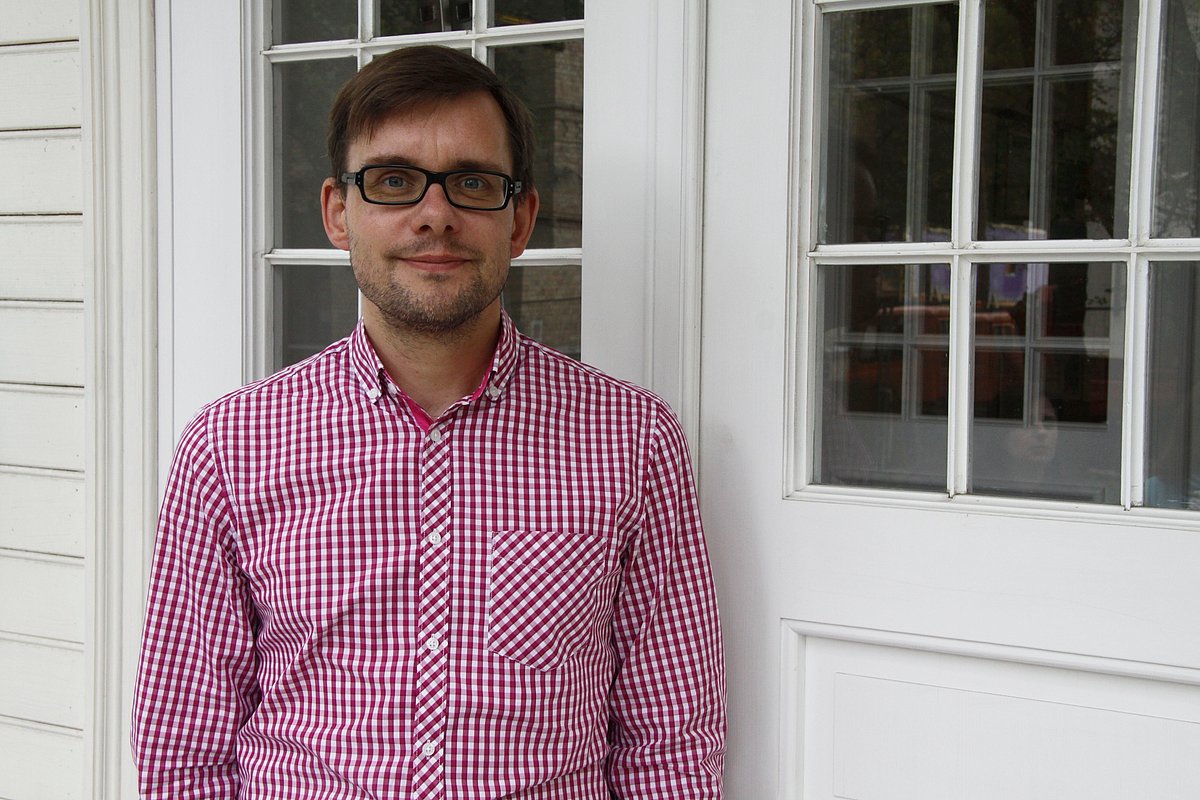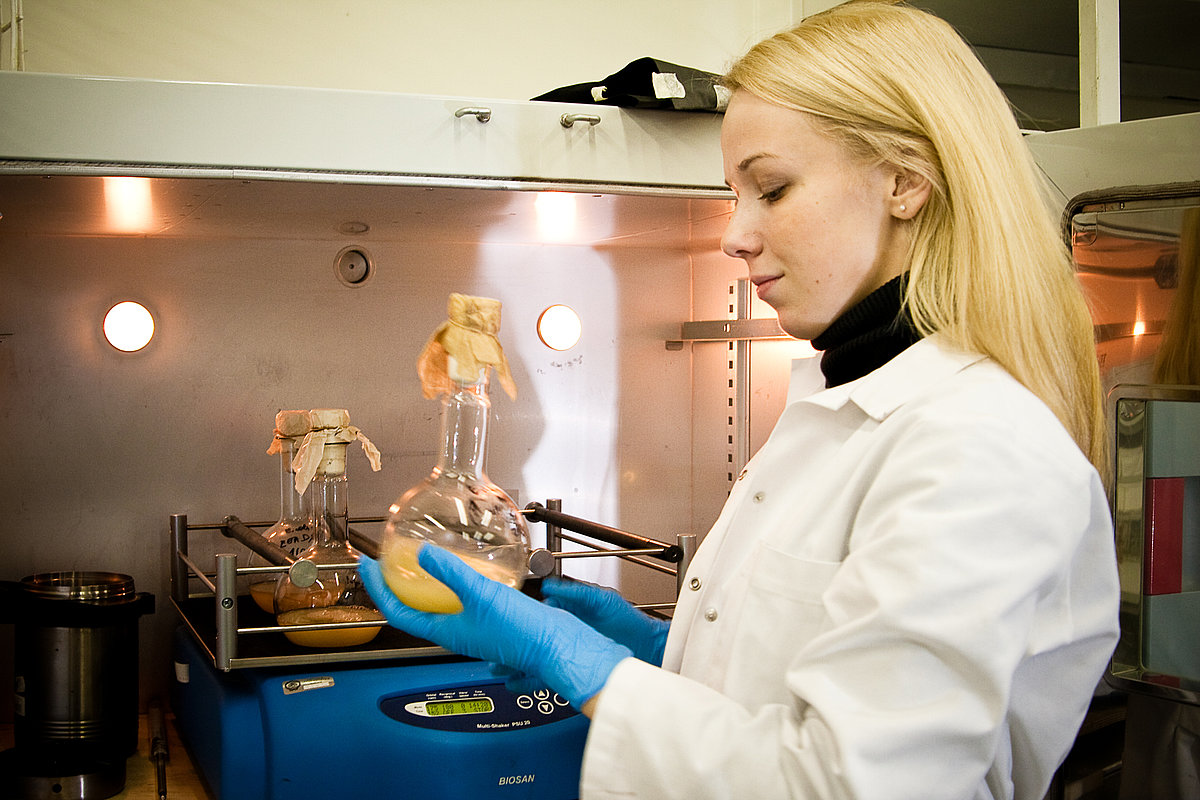
Project results
The project „Support for Doctoral Studies at the University of Latvia” of the sub-activity „Support for Doctoral Study Program Implementation” of the Action Program Annex 1.1.2.1.2. supported by the ESF was carried out from 2009 to June 30, 2015. The goal of the sub-activity was to increase the number of specialists with the highest qualification (a doctoral scientific degree) across all education thematic groups, who are capable to plan, create and implement in manufacturing high-tech products as well as products and services with a high added value, thus promoting economic development on the basis of innovation.
Support was provided to doctoral students and applicants for a scientific degree of the natural, social and humanitarian sciences. As a result, 1517 special purpose grants were allocated to 828 doctoral students and applicants for a scientific degree based on competition results over six years (a single person could receive support more than once). There were a total of 14 competitions since the launch of the project, resulting in the allocation of approximately 22 million EUR. The most grants were allocated to the natural sciences block (635 grants), with the field of Physics, astronomy and mechanics receiving the largest number of grants (118 grants).
Professor Indriķis Muižnieks, rector of the UL, notes that the project has been a significant contribution and a boost to the preparation of young Doctors at the University. The success of the project is further proven by statistics – as project manager Elmīra Zariņa points out, 493 or 83.5% of the supported applicants for a scientific degree had already presented their dissertations. Others are set to present them in the future. Professor Tālis Tisenkopfs, director of the Sociology Doctoral study program agrees that the grants have been fruitful and adds that the recipients of grants – now Doctors – mostly continue their careers in research and higher education institutions.
Grant recipients – young researchers
Grants were allocated to young researchers in the blocks of natural, social and humanitarian sciences. Every dissertation is a unique contribution to Latvian science and spans a broad range of topics. And every young researcher is excited to talk about the results and achievements of their dissertation, while recognizing the importance of the grant during the completion of their work.
Ilze Dimanta received the grant for nearly four years of her doctoral studies, and has yet to present her thesis „Using crude glycerin and lactose for the production of bio-hydrogen with anaerobic microorganism cultures and the collection of hydrogen from the fermentation medium with metal hybrids.” She says the grant gave her freedom of action, allowing her to devote her full attention to research and complete her work well in scientific and creative conditions, while preparing publications, scientific articles and attending conferences and seminars: „I feel good about what I’ve accomplished. The grant enabled me to actively work in my homeland, and to do additional experimental work in the laboratories of Tartu University in Estonia, and the Energetics Institute of Lithuania. I am glad about the opportunity to discuss and present my work to field experts in Vienna University in Austria. I am very grateful to the organizers and coordinators of this grant project for providing such truly fantastic opportunities in Latvia. The grant amount is competitive, similar to what is available to doctoral students abroad.”
I. Dimanta carried out her research both in the laboratories of the Microbiology and Biotechnology department of the Faculty of Biology and in the Institute of Solid State Physics (ISSP) of the UL, in cooperation with the Faculty of Chemistry. For her dissertation, she researched the transformation of manufacturing intermediate products into hydrogen gas through the use of bacteria metabolic fermentation processes. The substrates used by the young researcher were crude glycerin - a byproduct of biodiesel production – and milk whey, which can be turned into bio-hydrogen gas by bacteria and further used as an energy carriers. Ilze names factories, in which waste substrates (manufacturing byproducts – crude glycerin and milk whey) would be turned into hydrogen with the use of bacteria in special bioreactors, as an optimal use of bio-hydrogen obtained in this way. This hydrogen would then be used as an energy carrier to power a factory sterilizer or some other device through a fuel cell.
Interestingly, the bacteria used in Ilze’s work are basically isolated from Latvia’s nature – soil, mud and people: „The aim was to identify the best bacteria for producing hydrogen, that would recycle in particular the manufacturing byproducts created in Latvia, and to find the best way to store hydrogen in liquid through the use of metal alloy. The presence of hydride-forming metals in the fermentation solution activates the hydrogen synthesis process of the bacteria, as metal hydrides absorb a part of the hydrogen dissolved in the fermentation medium.
Ilze is involved in a research group at the ISSP, continuing research on hydrogen. And even though she believes it is necessary to have a postdoctoral period in order to acquire experience in a different university abroad, Ilze’s eventual goal is to work in Latvia: „All throughout my Doctor’s studies, new people, students, appeared from time to time who were attracted by the work of our team and who wanted to research this topic. So I’m happy that a good team of bio-hydrogen researchers has formed.”
Didzis Kļaviņš presented his dissertation „The transformation of Ministries of Foreign Affairs in the Baltics and Scandinavia from 2004 to 2012” this April, acquiring a PhD in Political Science. His interest in diplomacy has formed over several years, influenced among other things by his previous work experience in the Latvian Ministry of Foreign Affairs (MFA). His work presents an analysis of the transformation and the nature of changes of MFA’s in the Baltic States (Estonia, Latvia and Lithuania) and Scandinavian countries (Denmark, Norway and Sweden). D. Kļaviņš notes the significance of understanding how MFA’s have changed, and even more importantly, what their role is in the modern world, since a lot is written about foreign policy and international relations, but there is little analysis on MFA’s and how they change. The young researcher put forth a hypothesis, that a rejection of the basic principle of „gatekeeper” is taking place. He carried out his research in Estonia and Lithuania, and also gained experience in the Aarhus University in Denmark.
Didzis says that the grant had been very significant during his Doctor’s studies: „It is a huge relief, as it provides the opportunity to pay more attention to studies.” Now, he lectures not only at the Faculty of Social Sciences of the UL, but also at Riga Graduate School of Law, and plans to continue what he has started.
Gints Kučinskis presented his dissertation „Research on the cathode materials of nanostructured LiFePO4 volume and thin-layer Li-ion batteries” in the end of August. His paper explores the cathode material of LiFePO4 Li-ion batteries and its thin layers. His research was carried out at the ISSP, but also underwent a traineeship at the Max Planck Institute in Germany, gaining particularly valuable experience. G. Kučinskis was allocated the grant starting with his second semester and says that it enabled him to focus on the topic of his research instead of searching for additional financial means.
G. Kučinskis has analyzed the electrochemical properties of LiFePO4, and possibilities for improving the speed of charging and discharging by optimizing synthesis and experimenting with a conductive additive of reduced graphene oxide. The results of his research provide expanded understanding of the fundamental lithium injection and extraction processes that take place within LiFePO4 and demonstrates the conditions necessary for the improvement of the speed capability of LiFePO4 cathodes.
Gints reveals that he would be very happy to stay in Latvia, as this is where he sees himself in the long term.
Linards Rozentāls has completed the dissertation “The synodal governance principle in the Latvian Evangelical Lutheran church 1948 – 1984.” As Linards points out, since the formation of a national Evangelical Lutheran church order, the governance model of the church has been collegial and democratic – this has been the synodal principle of governance. In the Soviet years, however, this democratic, collegial aspect was significantly influenced, and the goal was to have the church governed by a very narrow circle of people, enabling Soviet power to more easily manipulate church leadership, and thus control the church. The aim of Linards’ dissertation was to research the history of the limitation of the synodal governance principle and attempts to broaden it within the church leadership and governance system from 1948, when the constitution of the church adopted under the Latvian Republic was replaced by a new one, designed by the Soviet state, until 1984. The author adds that he would like his work to be available to the public, perhaps as a monograph.
Commenting on the grant he received, L. Rozentāls notes both direct and indirect benefits: “The indirect benefit is that the grant helped me and motivated me to finish the dissertation and finish my doctoral studies as quickly as possible, i.e. in four years. Because I am a preacher at the Riga Lutheran Congregation and chaplain at the Children’s Hospital, so my work is in a way very difficult to plan and predict. Direct benefits were more relted to the fact that the financial support enabled me to work in German libraries, where my main inspiration appeared and where the topic was clarified. But most importantly, the grant allowed me to focus and shift my priorities around a little, since the obligations coming with the financial support created a sense of duty.”

 CONFERENCE
CONFERENCE